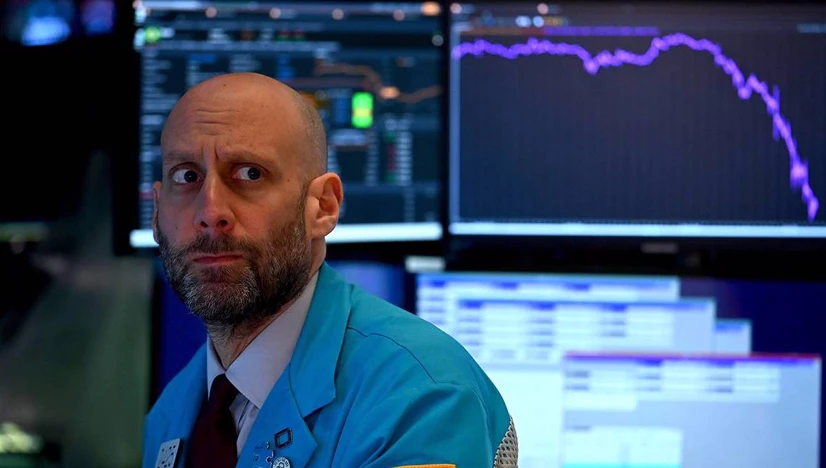This Time Truly Is Different | by Carmen M. Reinhart
Project Syndicate, 2020
The vast uncertainty surrounding the possible spread of COVID-19 and the duration of the near-economic standstill required to combat it make forecasting little different from guessing. Clearly, this is a “whatever-it-takes” moment for large-scale, outside-the-box fiscal and monetary policies.
Comment from our editors:
This article explains how truly this time is different from the other pandemics that the world has witnessed. This is the frst time, governments are being pro-active with policy responses including complete lock-down, restricting public events and imposing strict international travel bans. The historical data of influenza and other diseases of US show the maximum fatality during Spanish Influenza during 1918. Although, with highest deaths, US real GDP rose by 9% in 1918, and by around 1% the following year.
With Corona virus, it is expected the global economy is likely to surpass those of the 2007-09 global financial crisis. Throughout history, rich and poor countries alike have been lending, borrowing, crashing--and recovering--their way through an extraordinary range of financial crises. Reinhart and Rogoff had written a book "This Time Is Different: Eight Centuries of Financial Folly" claiming that the old rules of valuation no longer apply and that the new situation bears little similarity to past disasters. Similarly, this time Reinhart explains epidemic shocks and their effect on global economy.
She says, "The origins of the current shock (COVID-19) are vastly different, as is the policy response. But the lockdown and distancing policies that are saving lives also carry an enormous economic cost. A health emergency can evolve into a financial crisis. Clearly, this is a “whatever-it-takes” moment for large-scale, outside-the-box fiscal and monetary policies.
Go to: This Time Truly Is Different | by Carmen M. Reinhart

